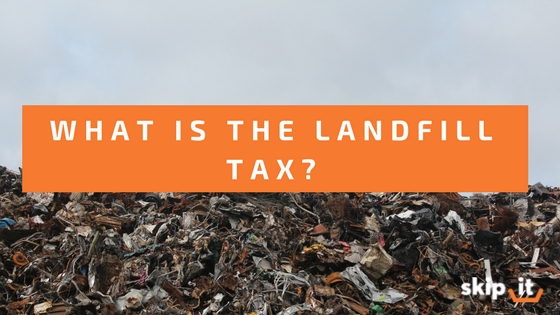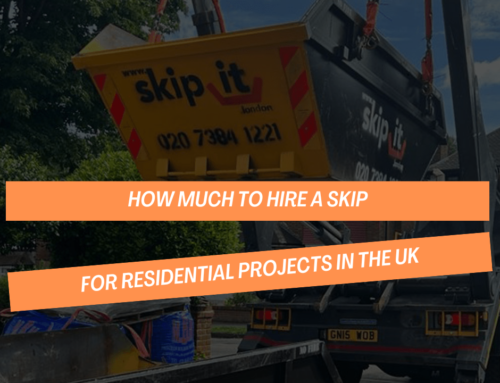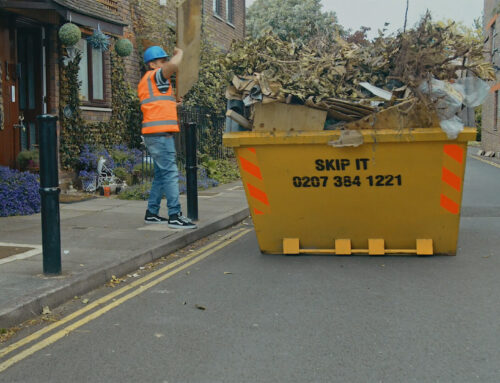The landfill tax is one of a range of taxes collected by the government that is designed to incentivise the use of more responsible business waste collection services.
The concept is simple – the government collects on every tonne of waste sent to landfill sites by businesses. The policy was introduced back in 1996, and was hailed as the country’s first environmental tax. Since then the rates have continued to shoot up.
Here’s everything you need to know about the tax and what you can do to avoid it.
How much is the landfill tax?
There are two main rates of landfill tax.
- Standard Rate
In practice this covers most types of waste that are handled by businesses or individuals. Chances are, if you end up paying this tax in one way or another, you’ll be doing so at the standard rate.
The standard rate landfill tax is charged at £86.10 per tonne.
- Lower Rate
This is levied on ‘inactive waste’. Inactive waste is not reactive, either chemically or biological and therefore doesn’t decompose. In general, this includes rocks, soil, and a lot of materials used in construction: concrete, brick, glass, soil and clay.
The lower rate landfill tax is charged at £2.70 per tonne.
Who pays the landfill tax?
Technically, the government only charges the landfill tax on landfill site operators. In practice though, this works as something of a ‘trickle down tax’ – in that landfill site operators will inevitably pass this charge on to their customers, associated business waste collection services, and it’ll eventually make its way down the food chain to your office, shop, retail park – or anything really.
This tax will be charged on top of the fees for the waste disposal itself, which means by the time you’ve added up the whole charge there’s a good chance your business waste collection services bill will be a significant part of your expenses.
How do you reduce the cost?
The simple answer to that question, of course, is to reduce the amount of landfill waste you produce. Whether the waste management company you use charges you specifically for the amount of landfill waste you send them, or simply averages out the cost and adds it to the baseline prices, making sure you produce less of it is going to go a long way in reducing your waste management costs.
As well as this, using business waste collection services that are specifically designed to divert as much of the waste away from landfill sites as possible, is a great way of reducing your own landfill footprint. And luckily, if you’re searching for somebody who fit that description – then you’re looking in the right place.
Over 90 per cent of the waste we process gets diverted away from landfill sites, meaning lower fees for you and more environmentally friendly policies for everyone.










